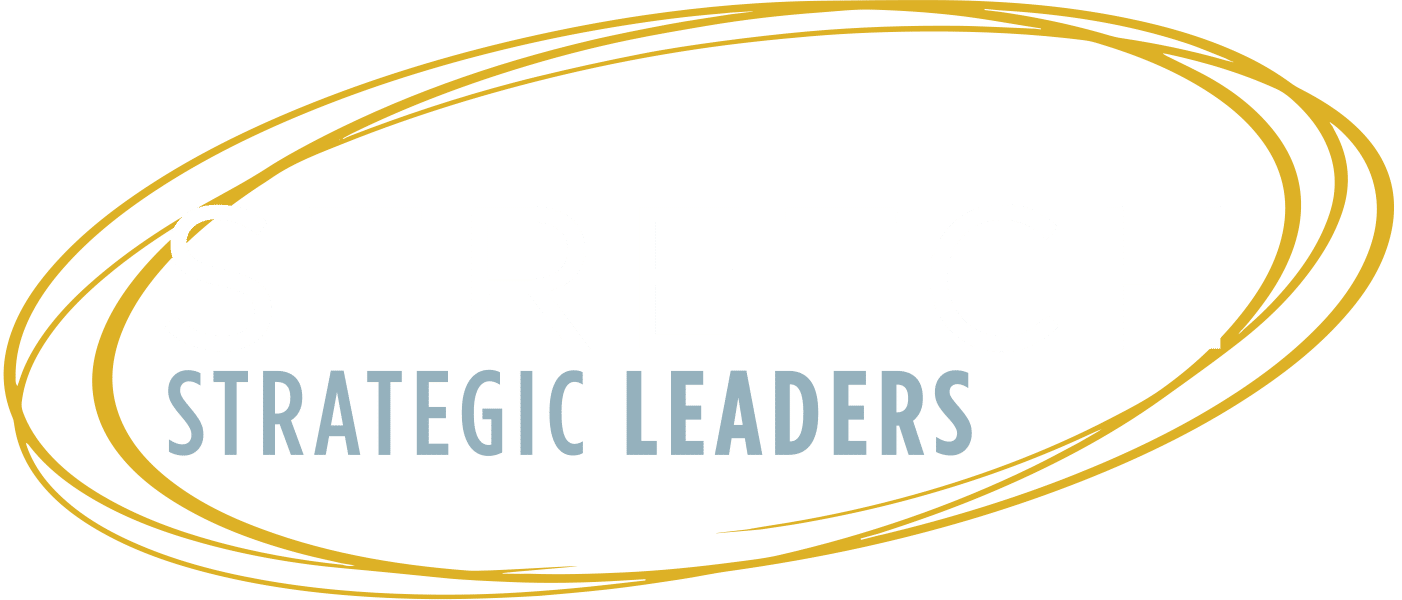Snowflakes
OK Boomer
OK Zoomer
Labeling generations is nothing new. A portion of Baby Boomers were called out for being “hippies.” Gen Y (Millennials) were singled out for being “snowflakes” by the older generations. And, the newest slam comes from Gen Z, calling out Gen Y’s skinny jeans and side parts. The truth is we need to break beyond the labels and think of how we can collaborate.
Each generation brings wisdom and gifts to the table. How do we take that and create a successful work environment?
For starters, let’s learn and understand each other.
While no one group can embody all attributes determined by the critical eye of society, are there truths to categorizing generations? Or, is it just media hype for headlines and social media likes?
Yes, there are differences! As a Gen X leader who has managed Baby Boomers, Gen Y, and Gen Z, I can tell you there are differences. Each person is unique based on how they are wired and the environment they were raised in. While all are unique, many shared common themes when it came to purpose, promotions, and work. Remember, though, part of that depends on your business service/products, your culture, and the type of people it attracts (I’ll leave that for another discussion).
Some interesting facts and observations:
Gen X is starting to eye retirement, with the first wave turning 56 this year. They are also looking at the career trajectory that will get them there. Research shows they are not as well-prepared as Baby Boomers with retirement savings.
The first wave of Gen Y turns 40 years old in 2021. Wow, time flies!
Gen Z is early in their career with a first wave at 24 years old. Again, how is that possible? I remember graduating and starting my career in 1997.
The average age of a manager is 30 years old, but management training, on average, occurs at age 42. Businesses need to look at building core skills earlier in the process.
Around the age of 25, brain patterns solidify, meaning that change is harder because your brain will choose the easiest pathway. It may take a bit more effort to learn new things. Alas, if you are over 25 years old, all is not lost! Learning is the key to ensuring your brain stays flexible. There should be a focus by businesses (and, self-directed by the individual) to participate in continuous learning!
Let’s dig in more to Gen Z.
Known as “digital natives,” Gen Z’s only know a world filled with smartphones and iPads. They are part of the original users from the onset of Instagram in 2010, Snapchat in 2011, and TikTok 2018. Technology and entrepreneurship are part of their DNA. I know Gen Z’s who created YouTube channels for gaming and product reviews during their teen years, and their revenue streams are still powerful.
In working with this group, I’ve seen a propensity to create new opportunities. They are not set to go into a traditional career; frequently there is a flair to it and a combination of roles. As an example of what I define as flair, I spoke with a 21-year-old who saw an opportunity to monetize his marine biology major and do YouTube videos for kids. Many would have imagined that career strictly as one of research, but the advent of technology opens even more windows.
According to PEW Research, Gen Z is also the most diverse generation, with just 52% of 6- to 21-year-olds identifying as non-Hispanic whites, 25% Hispanic, 14% Black, 6% are Asian, and 5% are some other race or two or more races. It’s a generation focused on education. Research shows they are less likely to be working during high school than previous generations.
If you have Gen Z in your workforce or are prepping for them to come into your business, it’s not something a business wants to categorize or lump into a joke.
Think figuring out a jigsaw puzzle for motivating people. Strategize on where to start (outside edges are the best in my opinion) and build each piece to a successful completion.
While every generation has had its traumas, we must recognize that while Covid has thrown everyone for a loop, it’s hit hard on those who are just now venturing into the workforce. In their first jobs or newly graduated, classes, milestones, and traditional structures changed dramatically, and the situation has instilled some deep fears. More time will need to be spent developing Gen Z.
A need to develop skills since learning was not as complete for recent graduates, support in managing stress (Gen Z reports highest levels of anxiety and depression), and jobs that offer independence and flexibility. Businesses may want to look into proactive mentoring and training programs that can help support Gen Z.
My prediction: emotional intelligence and communication will be even more critical in the future and for the true collaboration of a workforce, no matter the age.
Whether you’re a Boomer, Generation X, Y, or Z, join our upcoming June 15 webinar and learn how different generations are FUN-ctioning and tips to help everyone become more fulfilled, productive, and successful. End of the Alphabet: Collaborating with Gen Z and Gen Y in the Workplace Strategic Chat on June 15 at 2pm-3pm ET.


